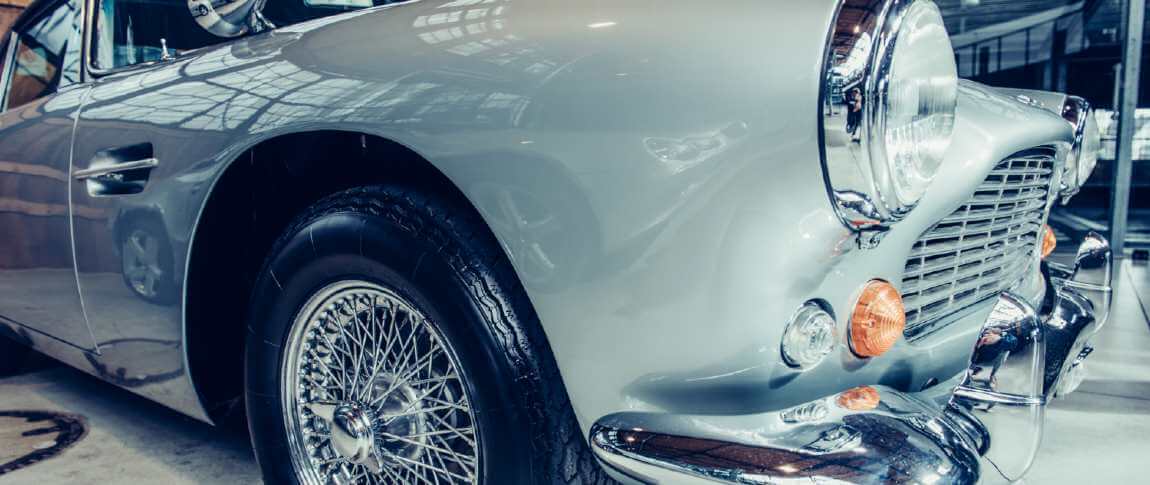You’d like to have a good idea of what your classic vehicle is worth. The best way to find out is to take the car to an appraiser. It won’t take long until you have the appraisal in hand.
How does the appraiser arrive at the car’s value? There are several factors that must be considered when determining classic car values. Here are a few examples of what the appraiser will look at closely.
The Make Model and Year
The appraiser will begin with some basics that would apply in just about every case. Those basics are the year the car was made, the make of the vehicle, and the model. This is typically general information that applies to more than just your vehicle, but it does help to provide a starting place for the appraisal.
An appraiser will be aware of which years of that make and model are considered to be classics. Since some of those years may be more valuable than others, when the car was manufactured will make a difference. Add in that certain makes and models have reputations for providing higher quality and being in greater demand, and you can see why these qualities are important.
Custom and Other Features
If any customization or modification was done in years past, those enhancements must be taken into consideration. There are people who think that any type of modification automatically adds value to a classic vehicle. That’s not necessarily true.
Enhancements of any type may add something to the market value. At other times, they may decrease that value. There are also instances when the enhancements will neither add to or take away from the value. Rest assured that a certified appraiser will know what, if any, affect the customization has on the car’s value.
Use of Original Replacement Parts
With classic vehicles, there’s often a push to keep it as original as possible. That means when some sort of repair is needed, only original parts are used. Doing so helps to protect the value, and may even keep the car running more efficiently than the use of third-party components.
If you’ve never invested in parts made by someone other than the original manufacturer, then all is well. Should there be any parts that are not original, they may or may not affect the current worth. The appraiser will know what will and will not influence classic car values.
The Overall Condition
Expect the appraiser to look at the overall condition of the vehicle. From the underside to the upholstery, nothing will go unchecked, You can depend on the engine, transmission, and even the exhaust system to come under scrutiny. Even details like the amount of mileage on the engine will be evaluated.
If you’ve maintained the car well, there is no need for worry on this point. A classic vehicle that’s in perfect running condition is sure to hold value well. In the event that it does need some work, it would make sense to make the repairs first and then seek an appraisal.
Remember that an appraisal today will not be good forever. Consider having the car appraised again in a year or so. This will help you stay up to date on the amount of insurance coverage you need to carry, and be prepared for just about anything that could happen.

